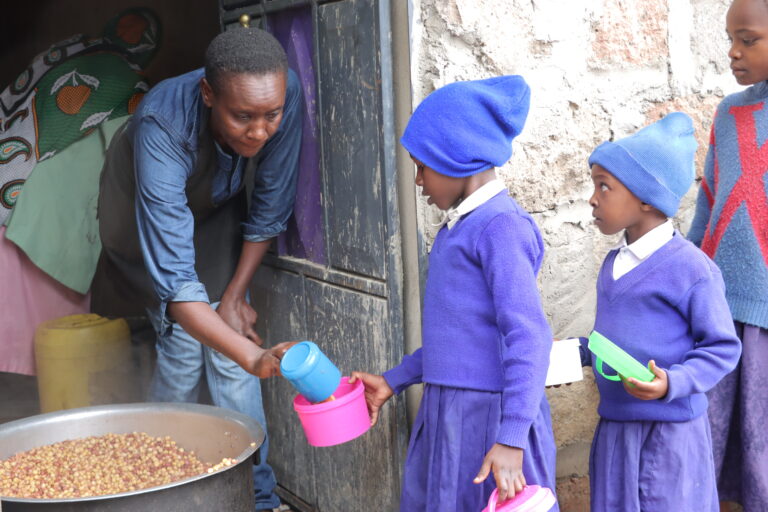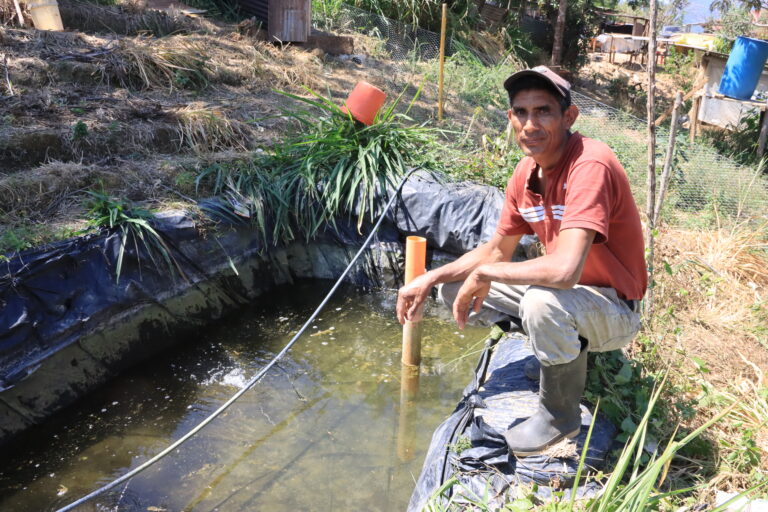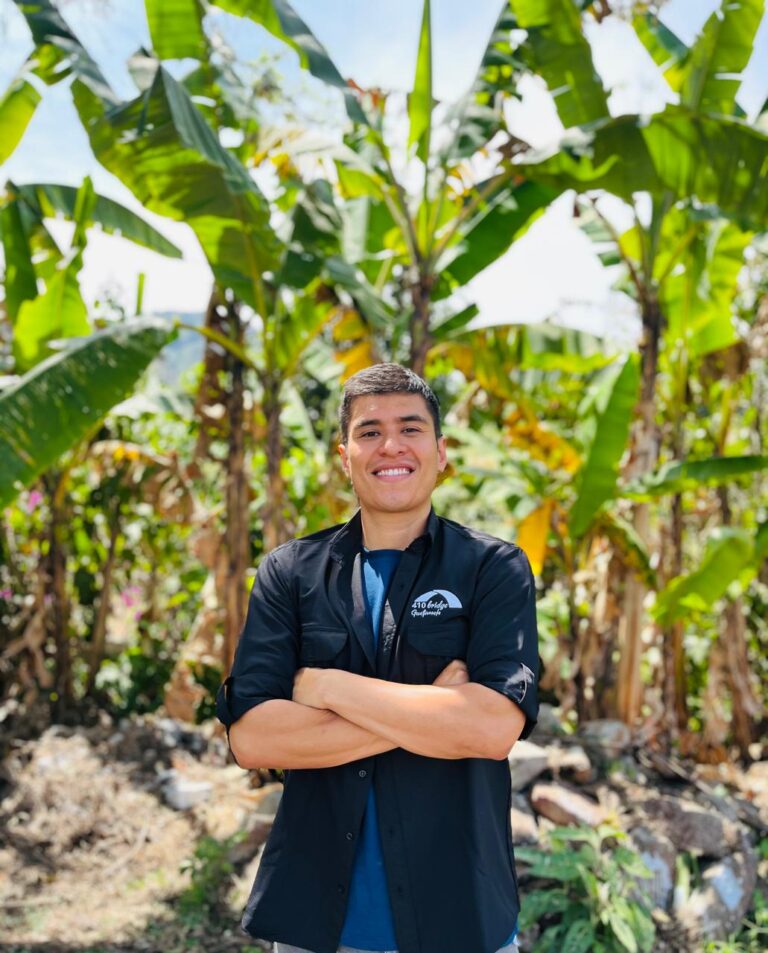One of the most interesting cultural differences between Kenyans and Americans is on the issue of marriage and dowry. A Kenyan man who wants to marry must negotiate a dowry with the parents of the bride.
The process is quite interesting. Here is the simplified explanation…
Both families appoint a team of negotiators. It’s these negotiators that determine the amount of the dowry. The groom and the parents of the bride must agree, of course, but they do not typically negotiate directly. The more educated the bride, the more expensive the dowry.
Dowries are negotiated in terms of a number of goats and/or cows, but they are paid in cash. The “negotiating teams” not only determine the number of goats/cows, but also a price for each. The groom then pays that amount over time.
The following story is from Andrew Guuru, our Kenyan Country Director. He and Cate recently celebrated the final installment of Cate’s dowry. It is a really big celebration and here’s their story written by Cate.
Enjoy…
Kurt
SEALING OF OUR TRADITIONAL MARRIAGE
Saturday the 28th of August, 2010 was indeed a great day for Andrew, myself and our children – Ian, Margaret, Lenah and Robinson.
Upon reaching the gate of my parents’ home, I left my family there and went into the house and proceeded to my childhood bedroom. This served to show that Andrew did not marry me without my parents’ consent. Andrew and his companions were closed out of the gate and ordered to reverse their cars and approach the gate while hooting the loudest they could. This was to announce their coming to our homestead. The women had to sing over and over again asking to be allowed in. After trading very kind and funny words in form of songs for about half an hour, they were finally welcomed in with great jubilation.
All the visitors, starting with those who had accompanied Andrew, were served with traditional foods and drinks. These are kinds of foods specially cooked for in-laws. Fermented porridge is one drink that is almost a must. I was given a calabash full of porridge by my aunt and asked to feed the one person whom I had brought to them as my husband. I did that amidst ululations [a long, wavering, high-pitched, traditional vocal sound] by the women. They conducted the traditional five ululations for a baby boy. In return he also fed me with the same and again four more ululations were said for me. This signifies support for each other in our marriage.
In a dowry negotiation, the bride is not allowed into that meeting, as it would feel bad to hear people negotiating your bride price. The bride price is not a buying price but rather an appreciation of the bride’s parents and relatives and a soft compensation for all that they have lost with the departure of their daughter. The bride price is not small and it is something that will be felt by the groom – it is often said, “that which does not cost us is not valued.” That’s why the groom has to feel the pinch of the bride price to show his value for the bride. It is also a show of his deep commitment to making a lasting relationship with not only the bride but also her family and clan.
The last and most important step was the cutting of the traditional ‘cake’ which is the roasted shoulder of a goat. Andrew chopped it into smaller pieces and gave me specific ones to share with my family members and friends of my youthful days. This is full of meaning. To my parents, it’s telling them that even if I am now married, I will still continue taking care of them. To my friends, it’s a goodbye gesture and to ward off those who could still be harbouring some interest in me. Ha haa haaa!!
To Andrew’s parents, it’s telling them that I will take good care of them. This last step is very significant. It means that our marriage is now sealed and cannot be easily broken. If for some reason divorce is imminent, Andrew has to get elders from his side and send them to accompany me back to my parents’ home and then gather the elders the same way and announce the break up. If no solution is found, a refund of the bride price would be made or arranged for.
If Andrew causes the problem, I cannot run to my parents’ home but I must run to my parents-in-law. This is because I am not married to Andrew alone but to his family and clan as well.
Traditionally, that is the sealing of our marriage and a culmination of a long lasting relationship between our two families.
[nggallery id=36]




